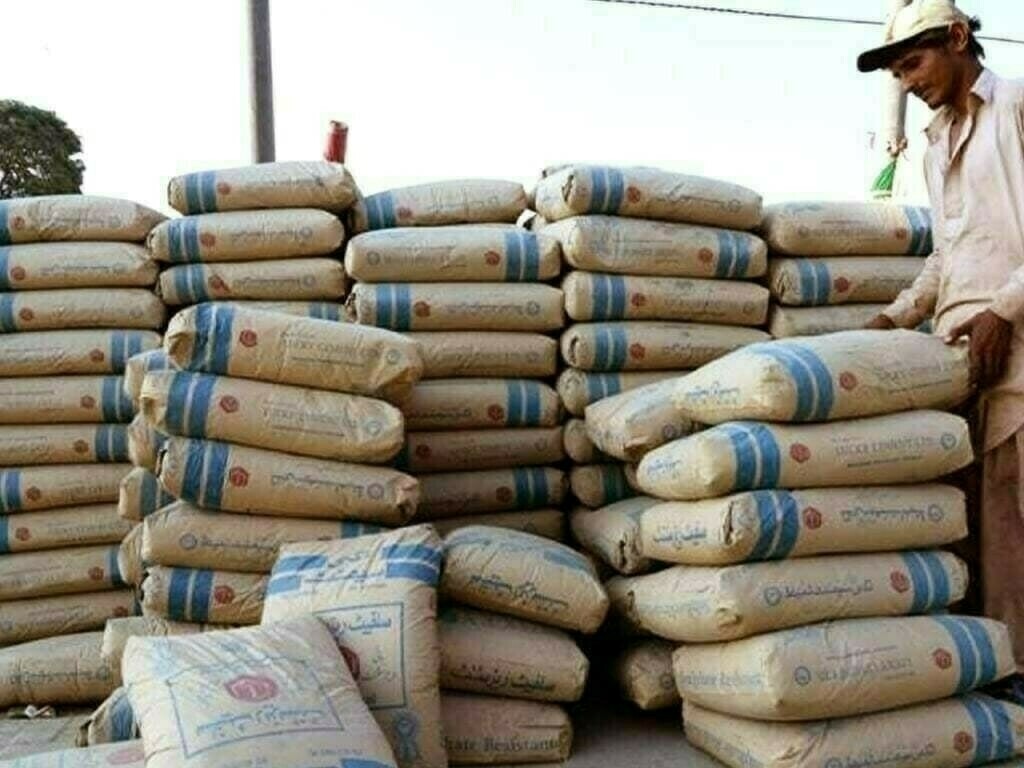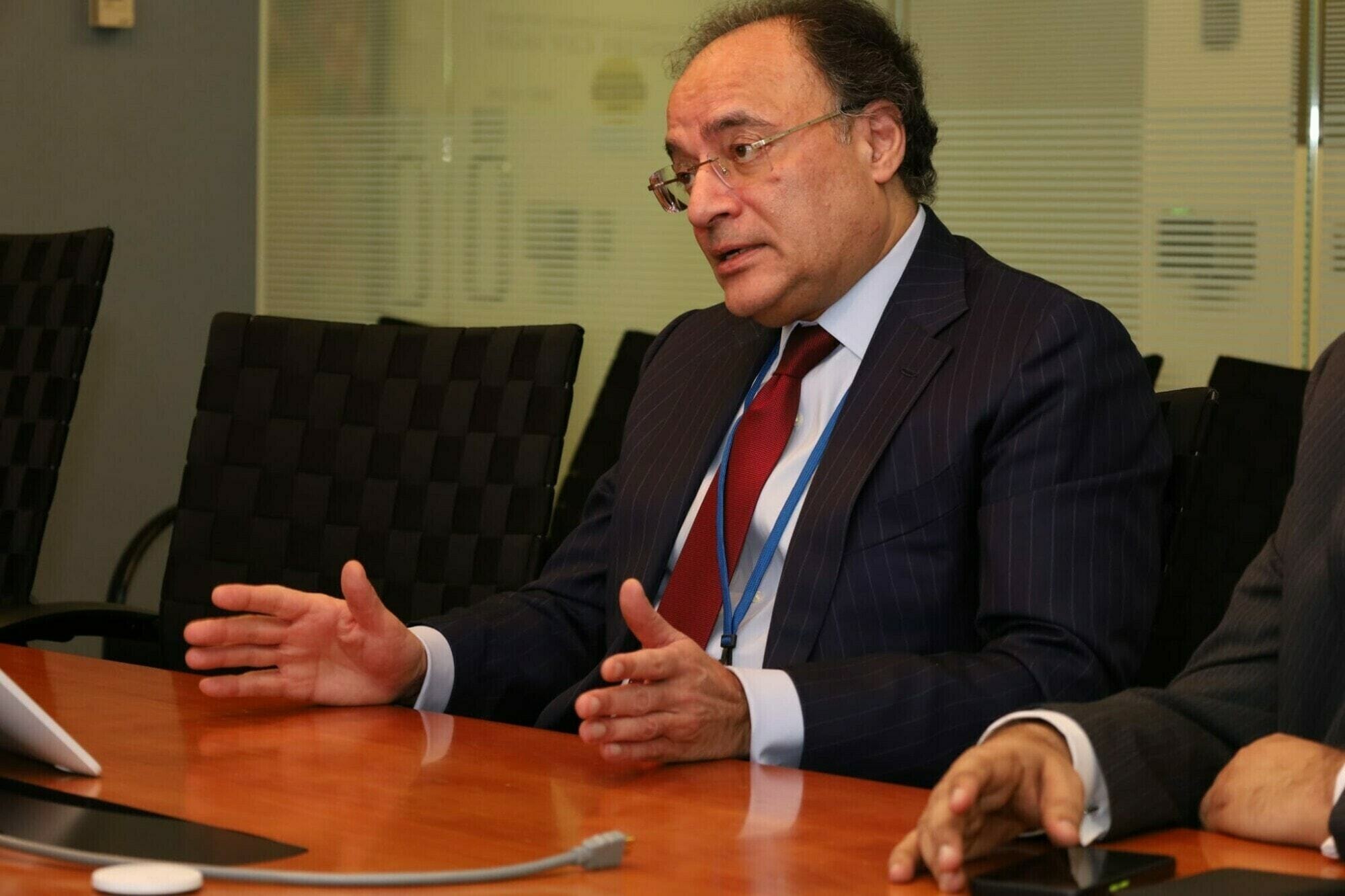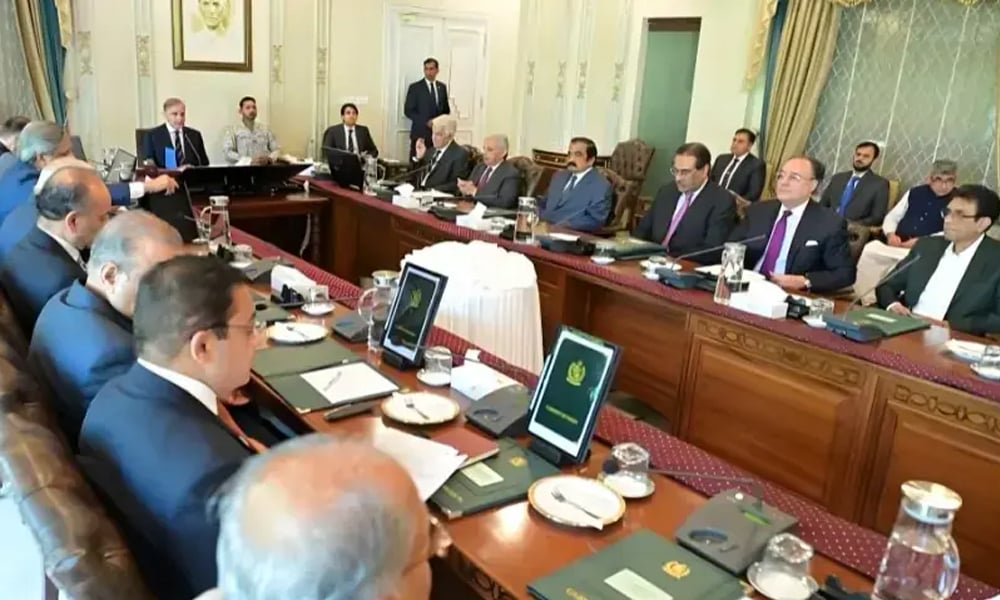PTBP Web Desk
The World Bank Group, wrapped up a significant five-day visit to Pakistan, where he underscored the critical need for private sector investment to complement the World Bank’s support in achieving ambitious economic and developmental targets. His visit culminated in the official launch of the new Pakistan Country Partnership Framework (CPF) for the fiscal years 2026-35, setting the stage for a decade-long collaboration between Pakistan and the World Bank Group.
During his visit, Raiser, alongside Prime Minister Shehbaz Sharif, introduced the CPF, which aligns with Pakistan’s national economic transformation plan, “Uraan Pakistan.” This framework outlines six key outcomes with clear, ambitious targets for the next ten years.
Raiser expressed optimism about the framework, stating, “The WB Group’s Country Partnership Framework marks an important evolution in our engagement. It is aligned with Uraan Pakistan, the government’s National Economic Transformative Plan, and focuses on six outcomes with clear, tangible, and ambitious 10-year targets. We hope these targets serve as an anchor for consistent implementation efforts to ensure tangible results for the people of Pakistan.”
Throughout his visit, Raiser held discussions with key Pakistani leaders, including Prime Minister Shehbaz Sharif and various cabinet members, to delve into the specifics of economic reforms and the implementation roadmap for the CPF. He commended Pakistan’s strides in economic stabilization and discussed further policy reforms necessary for transitioning to sustained, inclusive growth.
Raiser emphasized the role of private sector involvement, stating, “The WB Group’s support will not be sufficient to achieve the ambitious targets set forth and attracting private sector investment by improving the business climate is thus the need of the hour.” He highlighted the importance of mobilizing additional resources through partnerships with the private sector and other development partners.
Ishaq Dar, Deputy Prime Minister and Minister for Foreign Affairs
Ahad Khan Cheema, Federal Minister for Economic Affairs
Ahsan Iqbal Chaudary, Federal Minister of Planning, Development, and Special Initiatives and Inter-Provincial Coordination
Muhammad Aurangzeb, Federal Minister for Finance and Revenue
Sardar Awais Ahmad Khan Leghari, Federal Minister for Energy (Power Division)
Musadik Masood Malik, Minister of Energy (Petroleum Division) and Minister of Water Resources
Ali Pervaiz Malik, Minister of State for Finance and Revenue
Romina Khurshid Alam, Coordinator to the Prime Minister on Climate Change and Environmental Coordination
He also met with Maryam Nawaz Sharif, Chief Minister of Punjab, and Ali Amin Gandapur, Chief Minister of Khyber Pakhtunkhwa, to discuss the provincial implementation strategies for the CPF.
Raiser acknowledged the need for a collaborative approach between federal and provincial governments to effectively implement the CPF. He stressed on joint efforts to mobilize necessary revenues and enhance the efficiency of government spending.
“The WB Group stands ready to work with the private sector and development partners to mobilize additional resources. Implementation of the Country Partnership Framework will additionally rely on the collaboration between federal and provincial governments, joint efforts to mobilize the necessary revenues and targeted measures to improve the efficiency of government spending,” Raiser concluded.




